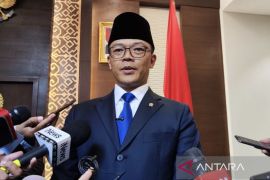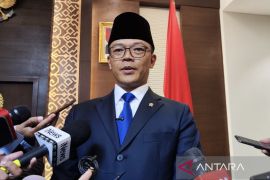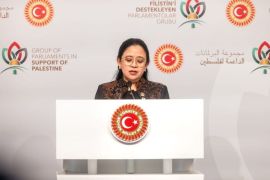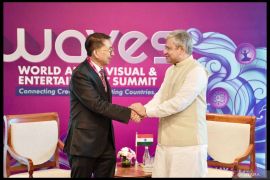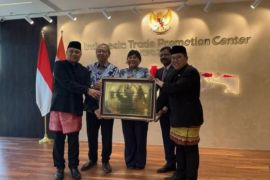Despite an upbeat assessment of the talks by the Indian foreign minister S.M. Krishna, foreign secretary Nirupama Rao said Tuesday`s meeting between Pakistan`s Foreign Minister Hina Rabbani Khar and a hardline Kashmiri separatist leader illustrated the "divergence" between the two countries.
"We have a very different point of view from Pakistan on that particular event (the meeting) and we have expressed our concerns in a frank and candid manner to the Pakistan side," Rao told reporters.
Khar, after arriving in New Delhi on Tuesday afternoon, met Syed Ali Shah Geelani, the hardline chairman of the separatist Hurriyat Conference, and other leaders of revolt-hit Indian Kashmir`s political separatist movement.
Islamist separatist rebels in Indian Kashmir have been waging an armed revolt against New Delhi`s rule since 1989.
The Himalayan region of Kashmir is divided between India and Pakistan, which have fought two of their three wars over it since independence in 1947.
Both sides lay claim to the whole of the territory.
Pakistan`s foreign secretary Salman Bashir told reporters on Wednesday not to read too much into the meeting between Khar and the political separatist leaders.
"This matter of the meeting yesterday cannot be construed in any manner including intentionally or by design to cast any shadow on today`s talks," he said.
"I think we should not read more into it."
Geelani`s aide, Ayaz Akbar, told AFP that the separatist leader urged Khar not to take any step "in haste which would be against the sentiments and aspirations of Kashmiris."
A senior Indian government official told AFP on condition of anonymity that the meeting was "not a good idea at all" and served "no useful purpose" in the context of the ongoing peace dialogue.
India and Pakistan`s foreign ministers held their first talks in a year on Wednesday, looking to breathe fresh life into a peace process still stifled by the trauma of the 2008 Mumbai attacks.
India suspended contacts with Pakistan after the 2008 Mumbai attacks, which it blamed on Pakistan-based militants.
The peace process has struggled to gain any real traction since its formal resumption earlier this year in an atmosphere of mutual recrimination and mistrust. (*)
Editor: Kunto Wibisono
Copyright © ANTARA 2011

